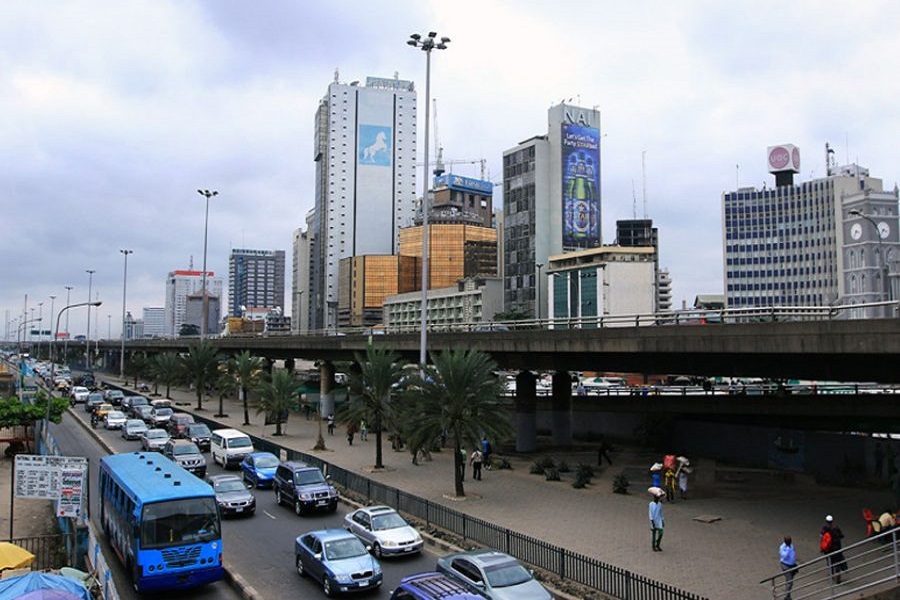When the COVID 19 hit the world during the early months of 2020, nobody had expected it to stay for long. However, now that the situation is still not under control, several economies across the globe have experienced major setbacks. When the Nigerian economy shrunk by 1.8% last year, this was recorded as the deepest decline since the year 1983. Experts understood that COVID 19 was the root cause behind all the economic problems. They quickly identified some factors by capital outflows, low oil prices, intensified risk aversions, and the shrinking foreign remittances. After all, an economy is the aggregation of all these factors, and it will be hard for it to thrive without any one of them witnessing a major boost.
According to the Nigerian Development Update, the Resilience reforms implemented by the Nigerian state were inadequate and critical at a time when the entire world was suffering the effects of the coronavirus. Even the impact was chanted as such that it had a severe impact on the overall economy and couldn’t create fiscal space. Furthermore, the reform slippages would have a strong impact on the pace of recovery and restrain the government from providing enough physical capital to the state and address human issues.
Currently, the retail activity in the currency markets hasn’t performed well, and it is hard to see any considerable positive change unless the coronavirus isn’t wiped off from the face of the earth. For this reason, the economy of Nigeria hasn’t performed well in a year and a half. Now that the government has introduced several policies and has decided to improve the quality of life of the people in the state, the economy might witness a quick boost at some point of time in the future.
The report states several policy options through which the state will witness a reduction in inflation, protect the rights of the poor and improve the economy to a great extent. For this to happen, the exchange rate will have to play a strong role. Once these goals become essential to accomplish, it will be easy for everyone to benefit from the economy in the long run. Additionally, the government is planning to heavily focus on monetary policy, fiscal policy, trade policy, and social protection. Here are some of the important points that have been laid down by the state for an improvement in the economy in the future:
Effective opening of the land borders for open trade and building strong relationships with the neighboring countries.
Effective predictability of the exchange rate to study the prospective economic growth. Through this, it is easier to manage the other policies and eradicate all kinds of distortions that would become a major obstacle in the public/private sector. Once the government can have clarity on the exchange rate, it will be easy to access foreign markets quickly.
Monetary policies are defined with much clarity and simple objectives, with the ethos of price stability behind it. After all, the Nigerian economy needs a strong push right now to flourish in the long run.
Better policies for import and export by removing much of the restrictions. After all, trade has a strong impact on every economy out there. Countries with high tariffs do not thrive in the long run and have a very difficult time establishing strong relationships with other countries.
The complete elimination of the petrol subsidy is a significant cost to the state. Furthermore, the need for sequenced reforms will be imperative as well, as they will mobilize the novel revenue easily, without any negative impact on the economy. This will also be inclusive of the increased excise taxes on the use of harmful goods. Once the loopholes in the tax laws are reduced, it will be easier for everyone to have a good quality of life in the country.
Establishing different mechanisms to monitor the success of the government’s policies through the help from the central bank to ensure maximum growth of the money supply this year.
Once all these policies are brought into perspective, it will be easy for the state to thrive without any distortion. After all, now is the perfect time for the Nigerian economy to boost amidst the COVID 19 and the other issues.

